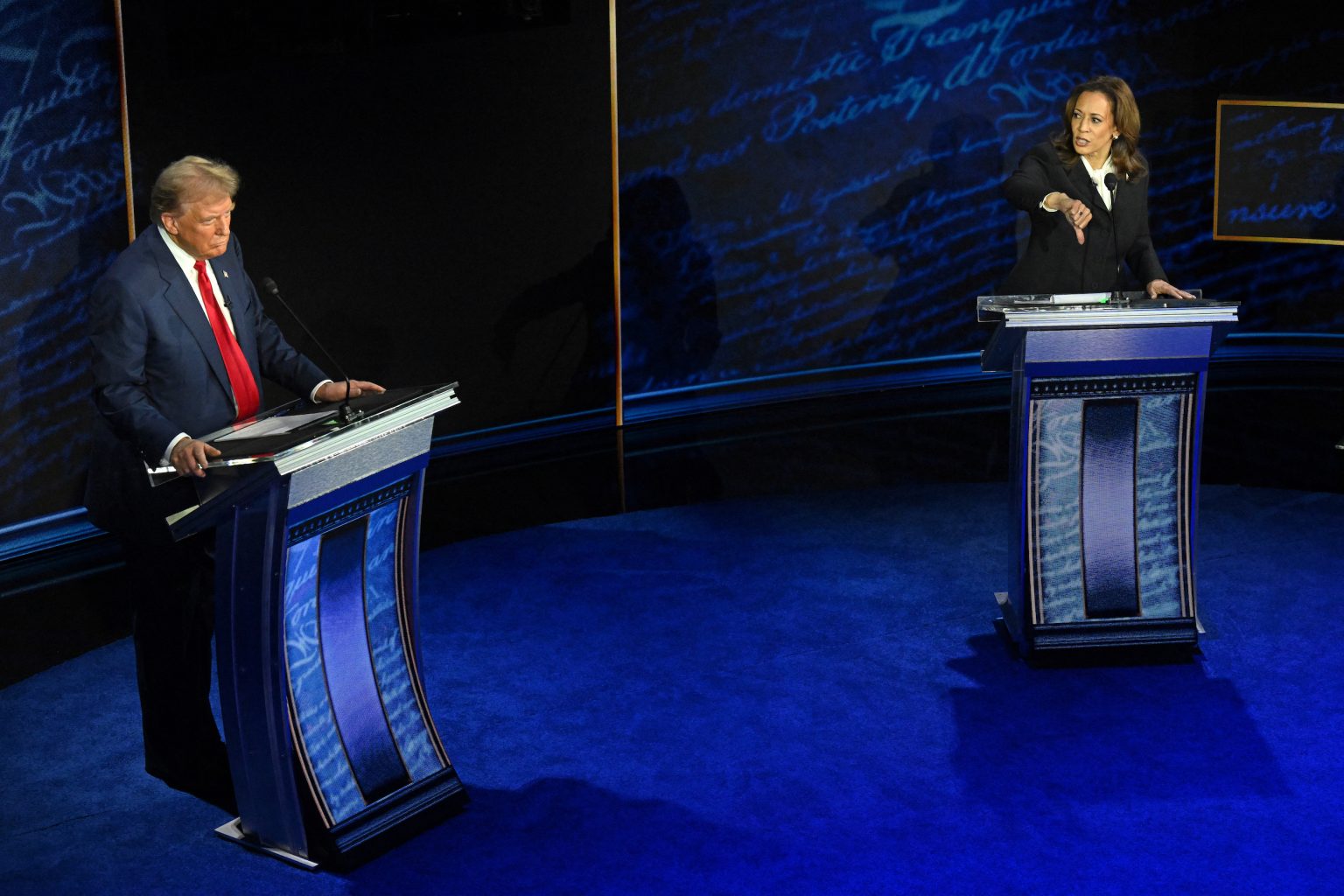The current political climate demands extraordinary leadership, far beyond the status quo. A significant portion of the American populace is grappling with a sense of besiegement, pessimism, loneliness, anxiety, and mistrust, a slow-moving crisis that transcends mere economic indicators like inflation and unemployment. Traditional political platforms focusing on incremental adjustments fail to address the deeper societal malaise, particularly the pervasive lack of meaning and purpose affecting a majority of young adults. The future of American politics hinges on addressing these fundamental human needs.
There’s understandable skepticism about the ability of politicians to restore a sense of meaning and belonging. The prevailing political paradigm often reduces politicians to mere product managers, catering to voter preferences rather than offering genuine leadership. True leadership, however, necessitates articulating a compelling vision of the future, capable of inspiring collective action and fostering solidarity, mutual care, and a profound sense of purpose. This vision should transcend the divisive, albeit tempting, strategy of demonizing perceived enemies, which offers only a fleeting illusion of belonging.
The dominant socio-political vision of recent decades, characterized by various labels like “Neoliberalism” and “competitive individualism,” has reached its expiration date. This laissez-faire utopianism, predicated on the pursuit of individual gain and ruthless competition, has proven inadequate in fostering human flourishing. It has cultivated a dog-eat-dog mentality, where meaning and purpose are relegated to self-serving narratives. The waning of the Cold War and the perceived existential threat of the Soviet Union have further exposed the hollowness of this vision, leaving many questioning their identity and values.
A new generation of political leaders must emerge, offering diverse visions rooted in deep personal conviction. These visions must transcend mere opportunity and freedom from constraint, articulating a compelling picture of a shared future. Drawing inspiration from figures like Martin Luther King Jr.’s “beloved community,” these visions should address fundamental human questions about meaning, purpose, and the kind of world we aspire to leave for future generations. This necessitates abandoning the notion that values and spirituality are solely private matters, irrelevant to public discourse. A humane society requires open engagement with these questions to prevent a mercenary and amoral public life.
This new leadership must reject the transactional provider-consumer model of politics. True leaders inspire action, virtue, and service, motivating individuals to contribute to the collective good. Their unwavering commitment to core values supersedes electoral calculations, recognizing that genuine conviction possesses a charisma that focus-grouped pandering lacks. Moreover, they must prioritize metrics beyond GDP, acknowledging that material wealth alone fails to capture human flourishing. The focus should shift towards fostering thriving communities, characterized by strong social connections, meaning, and purpose.
Finally, this new vision must inform policy initiatives aimed at dismantling the community-destroying infrastructure that has proliferated over decades. From technocratic education systems to exploitative work patterns, many aspects of American life reinforce a culture of individual competition. Reclaiming agency at the local level and resisting the concentration of power in professional, financial, political, and technological spheres are crucial steps. While such transformative change may seem idealistic, the current system’s dwindling credibility demands bold action. This transitional period, while potentially disorienting and challenging, presents a unique opportunity for creative, large-scale change. The defining leaders of the coming decades will be those who embrace this opportunity with courage, leading us towards a reimagined future.

